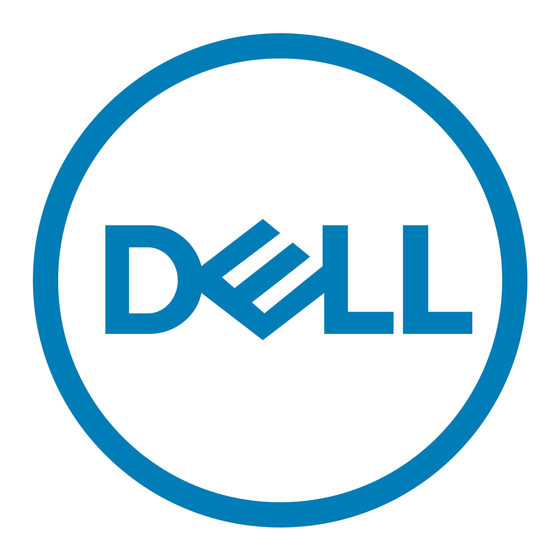Dell DX6012S Installatie- en configuratiehandleiding - Pagina 6
Blader online of download pdf Installatie- en configuratiehandleiding voor {categorie_naam} Dell DX6012S. Dell DX6012S 35 pagina's. Rack installation instructions — static rails
Ook voor Dell DX6012S: Aanvullende handleiding (4 pagina's), Instructies voor installatie van hardware (2 pagina's), Gebruikershandleiding (46 pagina's), Installatie- en configuratiehandleiding (43 pagina's), Aan de slag handleiding (28 pagina's), Kennisgeving (28 pagina's), Kennisgeving (20 pagina's), Overzicht (19 pagina's), Configuratiehandleiding (9 pagina's), Configuratiehandleiding (9 pagina's), Release Release (8 pagina's), Configuratiehandleiding (7 pagina's), Release Release (6 pagina's), Release Release (5 pagina's), Release-opmerkingen (5 pagina's), Aan de slag handleiding (47 pagina's), Installatie (2 pagina's), Installatie rek (2 pagina's)

